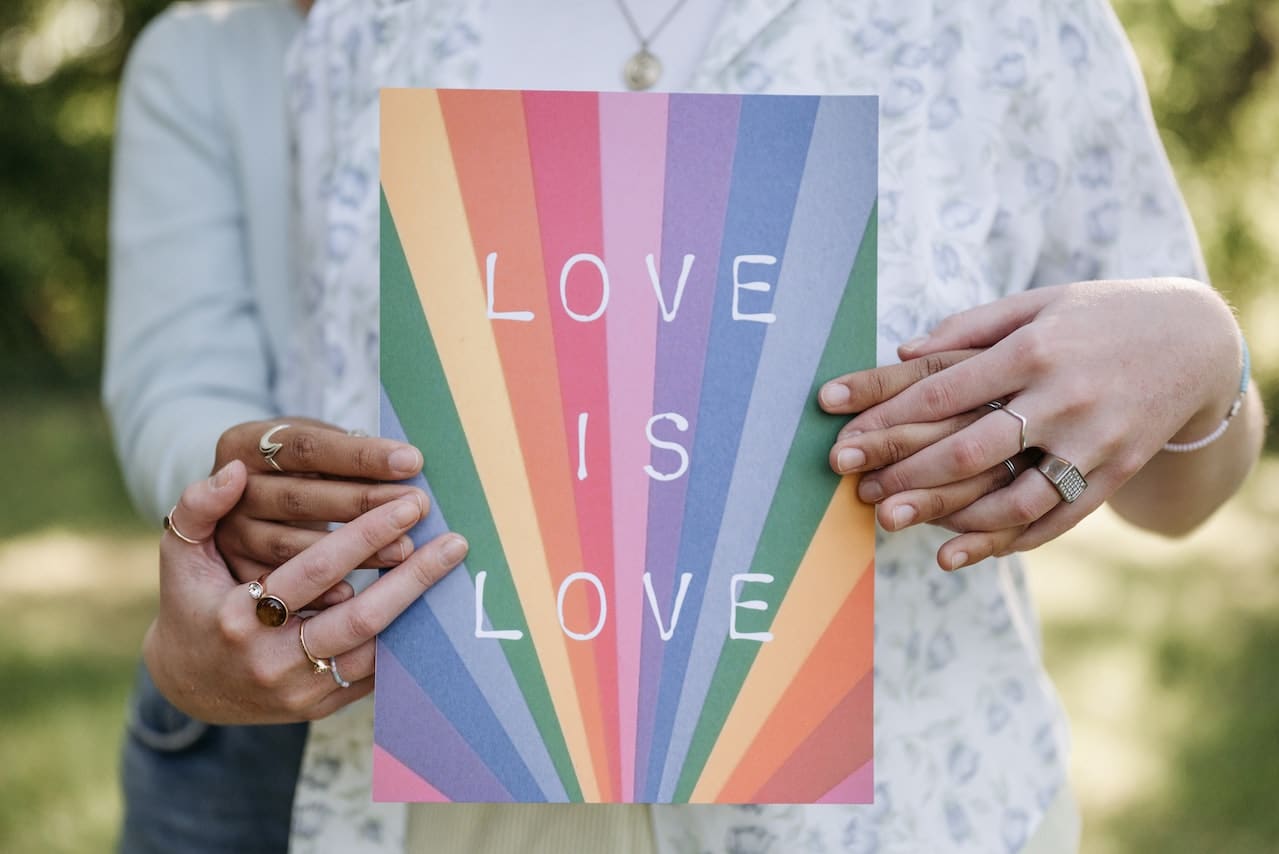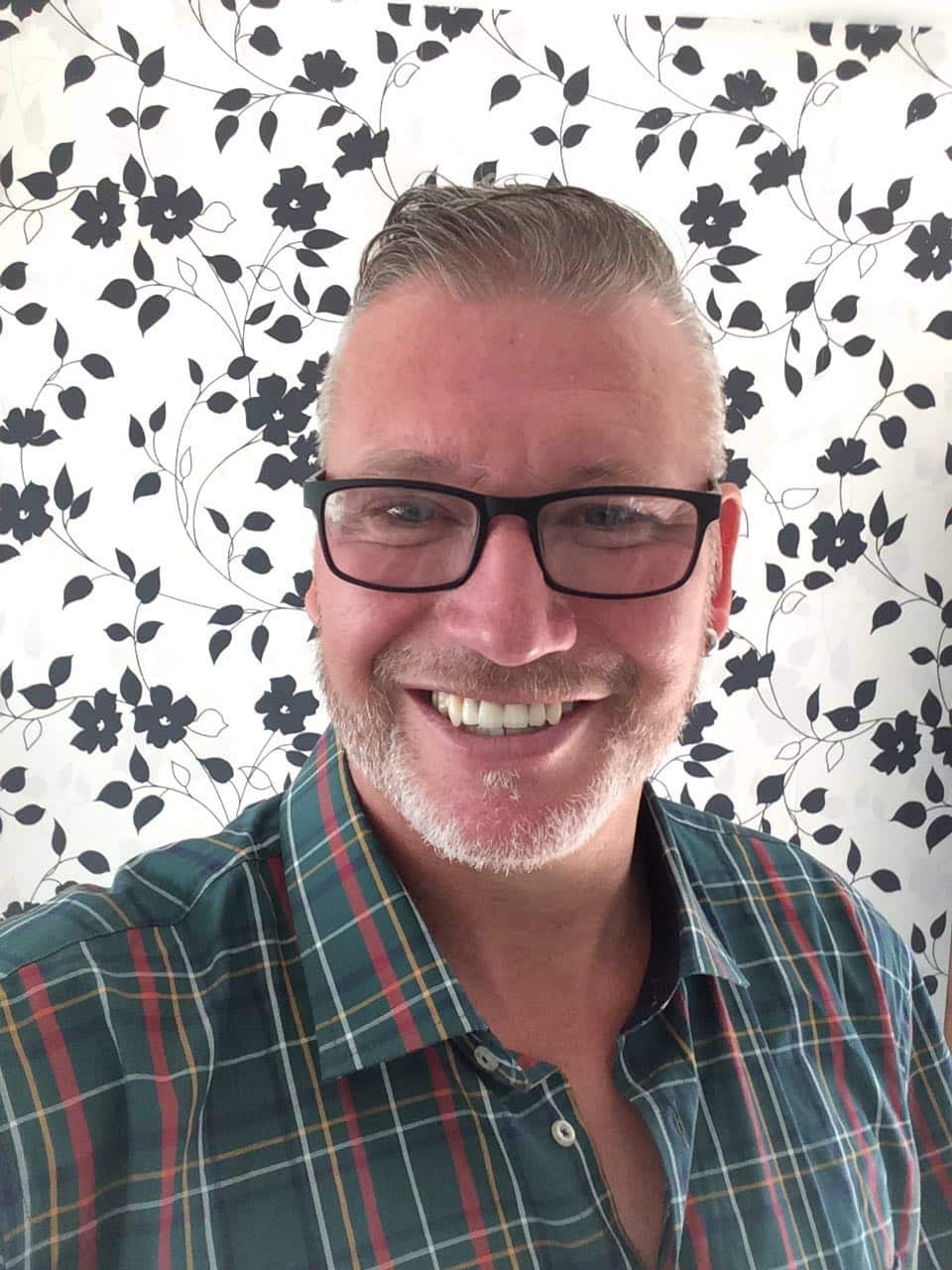Exploring Sexuality, LGBTQA+ and how we identify
Sexuality is a small word with a lot of meaning. It’s about how people express themselves as sexual beings and how we perceive ourselves. It’s a part of our lives, just like our interests, or the foods we like, but its an intrinsic part of who we are. People express their sexuality in different ways, and it’s unique to each individual.
There’s no one-size-fits-all definition for human sexuality. It’s diverse and can’t be neatly categorized. Researchers have been trying to understand it for a long time, but it’s a complex aspect of being human.

In recent years, some people have defined sexuality more narrowly, based on whether someone’s sexual partners are the same gender (gay) or a different gender (heterosexual or straight). Some people feel that these labels are too simple for something as complex as human sexuality.
For those who identify as gay, bisexual, lesbian, transgender, queer, having a label can provide a sense of pride, belonging, and validation. It can be powerful to find a community of people who share similar self-beliefs and experiences.
People have debated for a long time why people have different sexual orientations.
Some theories suggest it might be because of genetics, childhood experiences, or peer pressure. However, there’s no conclusive evidence, and experts still don’t fully agree on what causes someone’s sexual orientation.
Our sexuality starts to take shape during our teenage years, but it can take many more years to fully understand and accept it. Media, laws, religion, peer pressure, and our environment can all make it challenging to accept this important part of who we are, and what is most important is that we find a way to feel free and safe as we are, whatever the label may be.
I’m Paul Parkin – A therapist and life coach. This is why you should work with me:

I have extensive experience working with LGBTQ+ individuals who are navigating the journey of exploring and accepting their sexuality and identity. I specialise in helping people understand their feelings, providing guidance on self-acceptance, and supporting them in embracing who they truly are.
With my expertise and compassionate approach, I can assist you in confidently moving forward and living your life authentically.
Online counselling is convenient. You can have a session from the comfort of your home, or anywhere you feel comfortable.
What some of my recent clients have said about our work together.
‘I worked with Paul for around 8 months to deal with issues around low self-esteem and difficulties with my sexuality and marriage. It was a great experience all round and gave me useful techniques to face life’s challenges. He was calm and supportive and always stressed that he was there to help me, to fight my corner. Paul clearly has a depth of knowledge earned over many years’ experience in counselling. I was particularly impressed with Paul’s ability to provide useful insight into anything I threw at him, practically at a moment’s notice.‘
Nick, UK
‘I sought counseling from Paul during a mid-life crisis, and his insights and guidance helped me explore various aspects of my life. His concise, relevant insights and skilled approach allowed me to make significant positive changes in just 6 sessions, adapting to my evolving self. Paul covered a wide range of topics, from sexuality and childhood attachment, to personality and my current roles, including self-care and spirituality. His counseling was a valuable investment for me, and I believe both newcomers and long-time counseling recipients would benefit from his empathetic and insightful guidance, tailored to one’s own pace.‘
Andrew, UK
